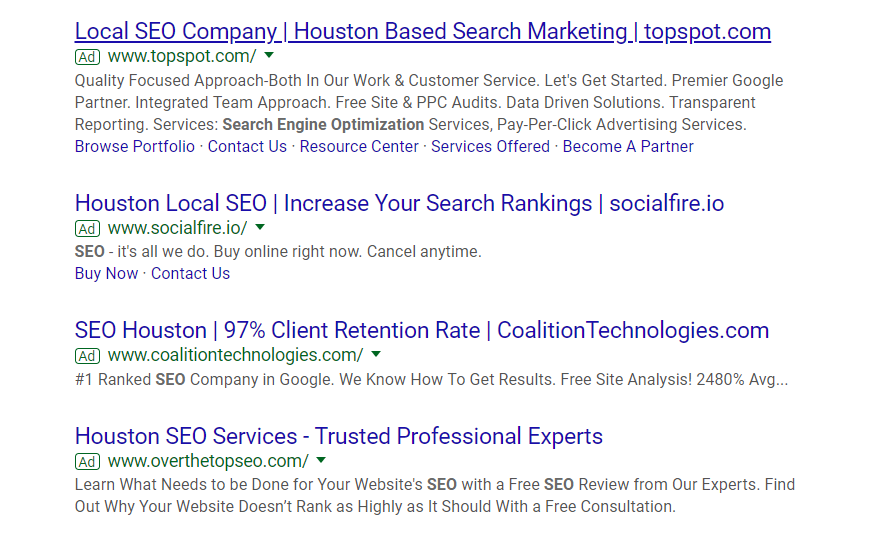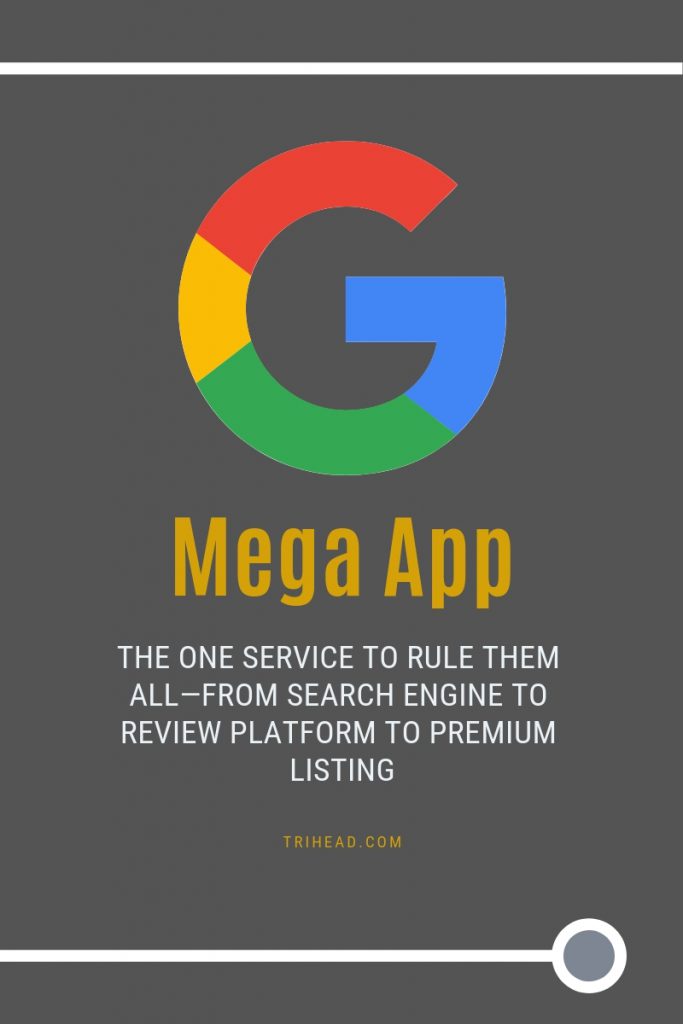SEO isn’t like it was till just a few years ago. You can longer reliably get on top of Google’s search engine results page (SERP) while using a few keywords. That’s right, SEO can’t be tamed; it’s taming us.
And that’s not such a bad thing. It means that we can find relevant information faster than ever before. And it’s consistent.
Unless you do a web search for a company name, you’ll find a bunch of blogs and other content reviewing what you’re looking for. This means that Google puts more emphasis on content marketing.
SEO in 2019
When you Google the following queries, notice what you get.



That’s right, you get a lot of blogs reviewing the best phones, sneakers and restaurants that Google thinks are relevant to me based on my location, search history and other data that they have on me. This is especially true for your web searches looking into the best phone and sneaker.
It’s also true when trying to find restaurants, but perhaps slightly less so. Let me explain.

Unlike in the SERPs we get when searching for a product, when you look for a restaurant Google is going to first shows addresses of restaurants it thinks you’ll like based on the data (i.e. reviews, ratings, restaurants you frequent, etc) they gather from Google Maps.
But when it comes to pulling up websites the algorithms believe you’re likely to want to visit, Google once again prioritizes blogs and articles reviewing restaurants. There literally isn’t one restaurant brand that makes it to the first results page. This is consistent with searching for products.
In 2019, the best companies can hope for is to have their website listed somewhere within the first 10 pages of Google. Which obviously isn’t good enough for our clients. Which is why SEO in the traditional sense is now dead.
Why is traditional SEO no longer viable in 2019?
There are many contributing factors behind this. Here are some of the reasons why SEO in 2019 is so much more different than SEO in 2014.
Google’s leveraging the data they’ve been collecting on us all this time
As well all know Google has been gathering a lot of data on its users. Whether it’s through our Google searches, Gmail (although they don’t any more), Google Docs, Android or a suite of other services that they offer. In fact, as Google’s Research Director Peter Norvig once said, “We don’t have better algorithms. We just have more data.”
Google are now using this data to help us do research. They help us find social media influencers and reviewers to help us make our decisions.
Google wants to monetize their data
Google’s main source of income is advertising. It’s one of the biggest online advertising platforms in the world. And it’s already been overtaken by Facebook as of 2014.
This means Google is trying to pressure small businesses to pay up to be listed in their SERP via Google Ads.

Googles Ads are the future!
So are paid local listings, a special ad system that you can pay to get on the top. Just look at the image below to see what I mean.

AS you can see, Google is moving beyond just indexing and showing ads on its SERP. It’s now creating it’s own premium listing, leveraging Google Maps to show ratings.
In short, they’re no longer in the business of providing a number of services isolated from one another. They’re taking a leaf out of the Chinese mega-app WeChat—they’re bringing all their services and data to one major platform.
This means as consumers we spend the majority of our time looking up information on Google, where it can monetize our time and attention.
Google: The Mega-app
Google is transforming and innovating. It’s in this phase where it’s still not entirely clear what Google will look like once it’s completed its metamorphosis. But we can see where it’s headed.
The mega-app. The app-killer. The primary source of information.

Indexing websites and showing the best routes to our destination is no longer enough. That was Google in 2010.
There are many search engines out there today that can go toe-to-toe with Google. Bing, Qwant and Yandex do a decent enough job whether we like to admit it or not of ranking indexed websites. DuckDuckGo is great when it comes to aggregating its results by using listings from the other search engines. And StartPage is the best way to access Google’s own SERP, while providing privacy to users.
Google has to move on from being a simple search engine and differentiate itself if it wants to continue its dominance. This is the best way it can do just that.
Now how does all this leave us when it comes to my bold claim that SEO is dead? Understanding how Google thinks and is reacting to competition is key to answering this question. In short, we live in a post-SEO world because of the changes the search engine is making to its business strategy.
SEO tips for 2019
The old way of doing search engine optimization is dead. But the practice itself isn’t. We just need to make changes to the way we’re treating SEO to remain relevant.
The way that Google treats queries is key to understanding the new strategies that SEO companies need to implement if they’re to stay in the game.
Google is changing the way it does business. If we don’t change with it, if we stagnate, we’ll be left wondering what just happened and how did we not see it coming. We need to adapt now before it’s too late.
As long as people use search engines, SEO will remain as relevant as ever. In fact, it’ll become even more relevant as an increasing number of SEO agencies continue to treat the optimization game as if nothing’s changing.
Let’s recap:
Pay-per-click (PPC) is more important than ever
Unless we spam keywords, we won’t be able to outrank huge brands that have been around for ages. PPC has never been so important. It allows local businesses to actually have a fighting chance and stand their ground against prominent brands.
Content marketing is invaluable
Review blogs outrank even huge brands. So in order to increase web traffic it’s important to make valuable content reviewing trends and consumer options in any given industry. This makes it easier for consumers to find relevant content and helps improve your online presence and authority.

The fact we need to accept is that no one is interested in our clients’ products and service pages. No one’s going to share them, link them or interact with them. No one cares.
So instead of filling those pages with links, we can create valuable content that delivers users with relevant content. This makes it more likely for your blog post to be shared on social media, helping improve online exposure.
Optimize your website for users, not Google
There’s a reason we use the term “SEO” (search engine optimization) and not “GO” (Google optimization).
Today, there are many search engines out there. Even Facebook, Twitter and Reddit index internal links—although admittedly, in the case of Reddit, their search feature is awful. Amazon and eBay index their products. YouTube indexes its videos.
Most of these platforms and services have nothing to do with Google. So we shouldn’t try to optimize our clients’ websites to suit Google and its web crawler bots; we need to optimize it for users.
To wrap it up
SEO is changing and we need to change with it.
We should no longer trying to optimize a few keyphrases for our clients. While it can work in some industries that aren’t saturated with blogs reviewing and rating services, it won’t work in many industries where product saturation reigns supreme.
We should look to outsourcing content creation social media influencers and copywriters to help capture web traffic and improve brand recognition on social media.
The changes Google is making to its business strategy is going to provide us with a lot of new opportunities to exploit.
